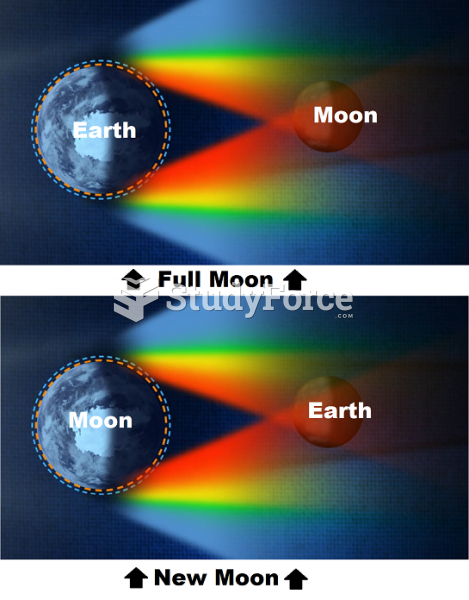|
|
|
The newest statin drug, rosuvastatin, has been called a superstatin because it appears to reduce LDL cholesterol to a greater degree than the other approved statin drugs.
The lipid bilayer is made of phospholipids. They are arranged in a double layer because one of their ends is attracted to water while the other is repelled by water.
The average office desk has 400 times more bacteria on it than a toilet.
The first-known contraceptive was crocodile dung, used in Egypt in 2000 BC. Condoms were also reportedly used, made of animal bladders or intestines.
The senior population grows every year. Seniors older than 65 years of age now comprise more than 13% of the total population. However, women outlive men. In the 85-and-over age group, there are only 45 men to every 100 women.
 Jostle the thigh, tossing from side to side, hand to hand. Causes loose, free movement in the hip ...
Jostle the thigh, tossing from side to side, hand to hand. Causes loose, free movement in the hip ...
 Horizontal stroking of the abdomen. Place a hand on either side of the waist, fingers pointing away ...
Horizontal stroking of the abdomen. Place a hand on either side of the waist, fingers pointing away ...





